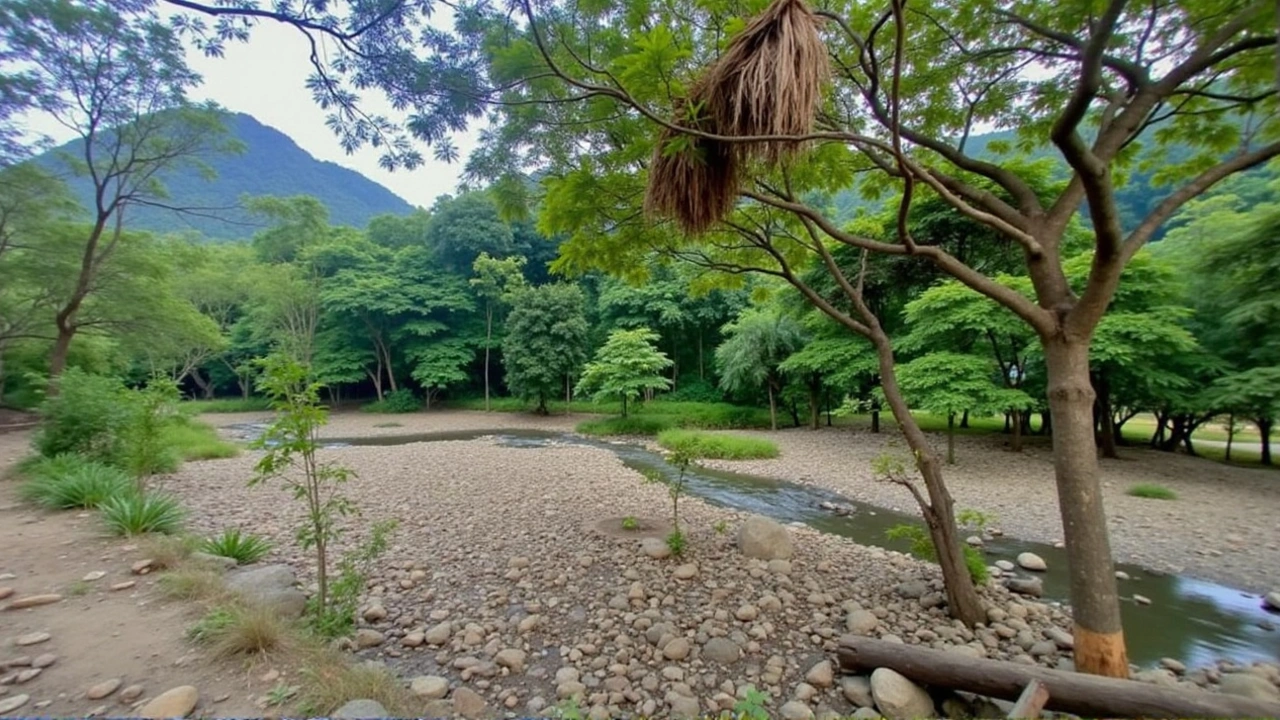Water crisis: how it hurts your health and what to do right now
Nearly half the world faces water stress today. When water is scarce or contaminated, normal health routines — taking meds, washing wounds, staying hydrated — become risky. This page focuses on fast, practical steps you can use at home or while traveling to avoid illness, protect medicines, and know when to seek help.
Quick health actions you can start today
If your tap water is limited or looks cloudy, don’t drink it untreated. Boil water for one minute (three minutes at high altitude) to kill bacteria and viruses. If boiling isn’t possible, use household chlorine bleach: add 2 drops of unscented bleach per liter, stir, wait 30 minutes. Portable filters (0.2 microns) remove most bacteria and protozoa; they won’t remove all viruses unless paired with chemical treatment or UV. Stock up on oral rehydration salts (ORS) or make your own: 1 liter clean water, 6 teaspoons sugar, 1/2 teaspoon salt. ORS saves lives for people with severe diarrhea.
Watch for dehydration signs: dry mouth, dark urine, dizziness, fast heartbeat, or confusion. For children, look for sunken eyes, no tears, or fewer wet diapers. Treat mild dehydration with frequent small sips of ORS; seek urgent care for severe signs or if vomiting prevents drinking.
Protecting medicines and preventing infections
Water problems change how medicines work and how infections spread. Keep medications in dry, cool places away from direct sun. If refrigeration is required and power is out, keep meds in a cooler with ice packs for short periods and check stability with a pharmacist. Never dissolve pills in questionable water — use bottled or boiled water cooled to room temperature.
Water scarcity raises the risk of skin and wound infections. Clean wounds with boiled-and-cooled water or sterile saline if available. Use alcohol wipes or antiseptic if you have them. If a wound looks red, swollen, hot, or drains pus, see a healthcare provider — you may need antibiotics. Don’t self-prescribe antibiotics; wrong use fuels resistance and may not treat the real problem.
Vaccines help prevent some water-related diseases. If you’re traveling or live where cholera or typhoid is common, ask your clinic about vaccines. Hand washing remains the single best prevention — use soap and the smallest safe amount of water, or use alcohol hand sanitizer when hands aren’t visibly dirty.
Short checklist: boil or treat drinking water, keep ORS on hand, store meds dry and cool, clean wounds with safe water, avoid unnecessary antibiotics, and seek care for severe dehydration or persistent fevers. Small actions matter a lot when water is scarce — they keep you and your family healthy until systems recover.

